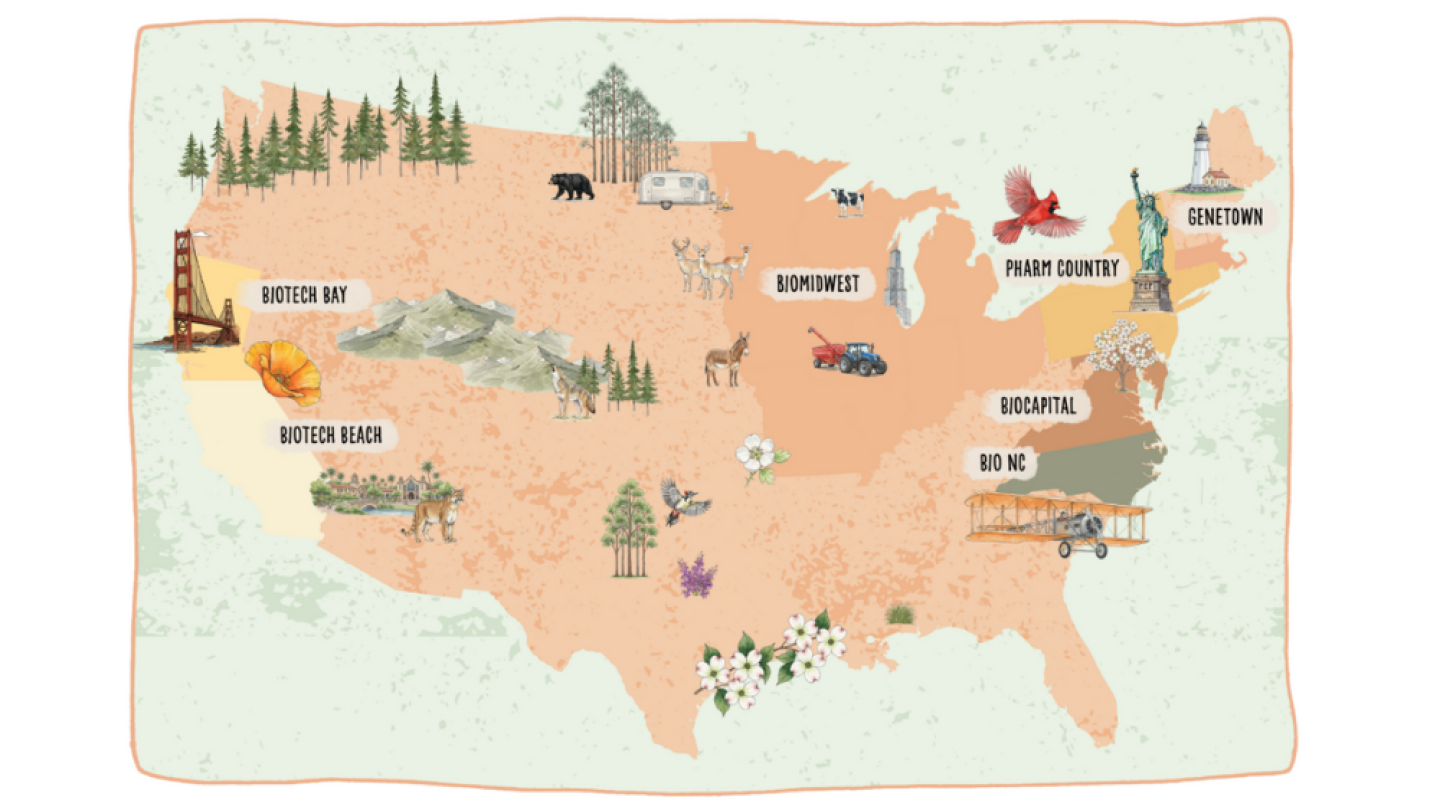United States
Looking for a biopharma job in Pennsylvania? Check out the BioSpace list of nine companies hiring life sciences professionals like you.
The current state of political affairs in the U.S. does not bode well for the direction of that turn. The country is at real risk of losing its long-held lead in biotech innovation.
Last month, biopharmas let go or projected they would let go of less than 500 people combined, based on BioSpace estimates, down almost 1,000 from January 2025. Still, competition for open jobs remains strong, with employed and unemployed biotech and pharma professionals eyeing their next roles.
The Taiwan-based company is establishing a manufacturing center for the U.S. market.
Looking for a biopharma job in Boston? Check out the BioSpace list of nine companies hiring life sciences professionals like you.
After suffering in the wake of expired tax incentives for pharmas, the island is trying to take advantage of geopolitics to grow its drug manufacturing sector.
Looking for an IT job? From data engineer to information security, check out the BioSpace list of 10 companies hiring life sciences professionals like you.
Looking for a research and development job? Check out the BioSpace list of 12 companies hiring life sciences professionals like you.
BioSpace has revealed its new 2026 Hotbed Maps, showcasing seven regional life sciences hot spots.
Less than six months after cutting 20% of its employees, Vedanta Biosciences has again laid off staff. According to one affected staffer, half of the Cambridge, Massachusetts–based biotech’s workforce is being cut while most of the rest are furloughed.
PRESS RELEASES










